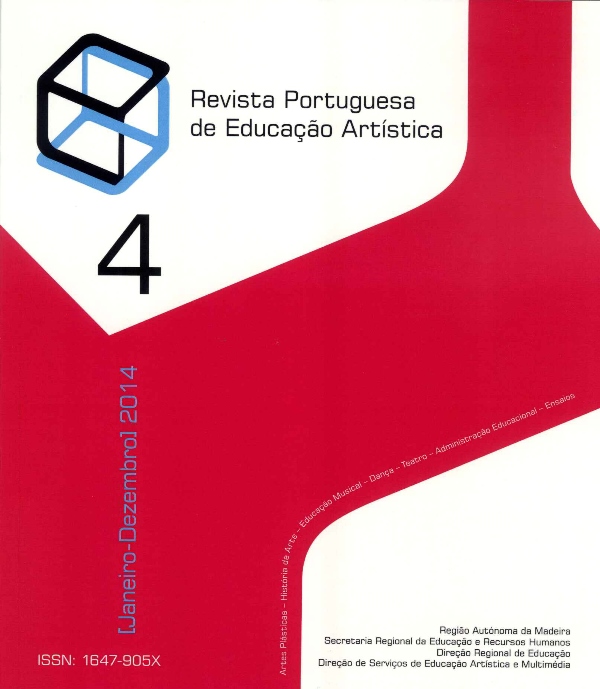The Development of Students Autonomy in an Articulated Regime of Classical Guitar Basic Education: A Playful Experiencement of Students Autonomy in an Articulated Regime of Classical Guitar Basic Education: A Playful Experience
DOI:
https://doi.org/10.34639/rpea.v4i1.38Keywords:
Autonomy, Classical Guitar, Music EducationAbstract
Throughout our experience in the context of basic music teaching in Portugal, we observe the presence of a set of educational musical based on the search for maximum productivity, a trend that currently enjoys wide social acceptance. In our opinion, these practices can promote negative habits that do not provide a complete musical and human education nor facilitates the progressive autonomy of students. Taking this into account, in this paper we intend to create and test a set of educational strategies based on Theater of the Oppressed by Augusto Boal, enabling students to develop four aspects that we consider fundamental in musical learning, namely: self perception, imitation, memory and creativity. Our main aim is to use and create original and entertaining tool and, through them, cast a critical eye on the relationship that the student has with his instrument. Hopefully these games may complement traditional training of music teaching centered on reading scores and technical improvement and enable the expansion of the spectrum of cognitive skills worked in the classical guitar classroom. Indeed, during our investigation, we found high levels of interest, commitment and participation of students in all tasks, as well as visible and positive results linked to the domain of tools related to the development of the skills of imitation, memory and creativity.
Downloads
Published
Issue
Section
License

The work Revista Portuguesa de Educação Artística (Portuguese Journal of Artistic Education) is certified under Licence-Creative Commons Attribution-NonCommercial 4.0 International (CC BY-NC 4.0).




